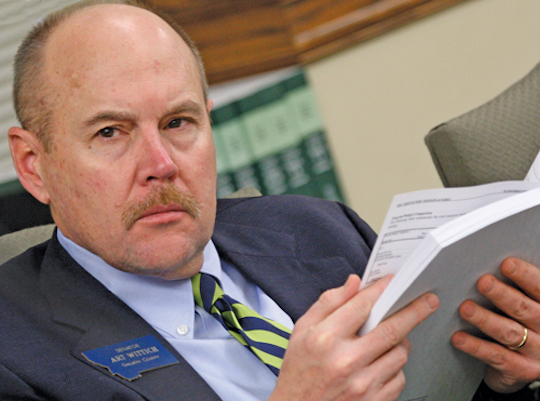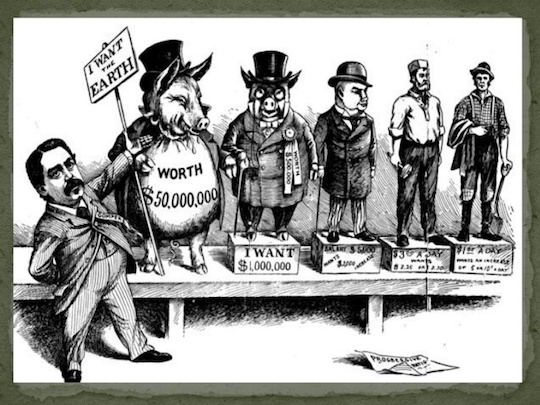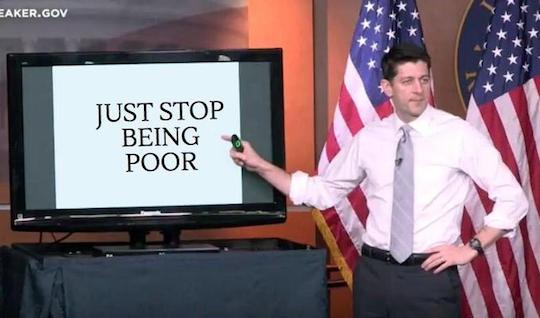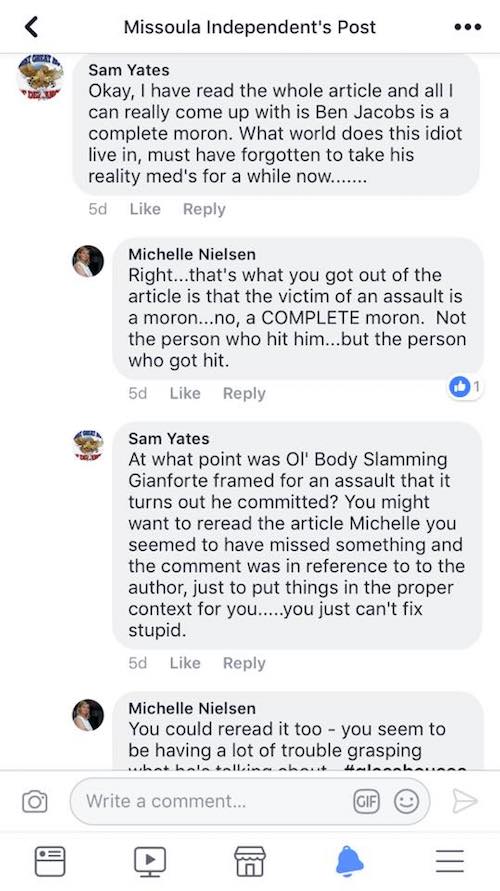It’s been a while since Art Wittich has made stories in Montana politics, meaning that it’s been a while by his standards. Aside from his tractionless campaign to fire the dean of the UM journalism school, Wittich has been quiet since August, when the state supreme court upheld a jury’s finding that he had, in fact, violated campaign finance laws during the 2010 primaries. That accusation has been one of the longest-running stories in Montana politics. It intersected with several other Wittich narratives—his tenure as head of the Health and Human Services Committee, during which he invited state employees to present personal anecdotes of welfare fraud; leaked emails detailing his plans to “purge” the state GOP of perceived moderates; the time he filed for election in the wrong district in a way that allowed him to re-file, after the deadline, in a district where he could run unopposed—and, after Commissioner of Political Practices Jonthan Motl filed charges in 2014, tied them all together. The Wittich investigation was a symbol. His malfeasance happened at a time when Montana’s campaign finance laws were under siege from Citizens United and a legion of dark money groups, including National Right to Work, the anti-union organization from whom he was eventually found to have accepted illegal contributions.
The state fined him a little more than $68,000 for that one. As appeals wore on and he refused to admit wrongdoing—he has insisted, from the beginning, that the charges were political—Motl pushed for him to be removed from office, but the 2016 election obviated that. Wittich lost his bid in the primary, and like that, his political career was over. He went from senate majority leader to private-practice lawyer in less than five years. Now, the Montana Office of Disciplinary Counsel wants to have him disbarred. Chief Disciplinary Counsel Michael Cotter has filed a complaint arguing that Wittich’s violations in 2010 constitute professional misconduct, and he shouldn’t be allowed to practice law.
The legal argument for that is beyond my ken. It centers on the statute of limitations and questions of what remedies Montana’s campaign finance laws allow. But I think there is an ethical question at work here, too. Wittich no longer threatens Montana politics. His faction of the internecine war within the GOP was thoroughly routed, and he shows no sign of returning to the legislature anytime soon. For whose benefit would we punish him? Disbarring him might protect the unsuspecting legal clients of Bozeman, but it seems more like a plan to humiliate a public figure who has already been thoroughly vanquished. That’s not our best selves. If we want to feel smug, we might consider how he feels about his precipitous fall from grace. You can read all about it in this week’s column in the Missoula Independent.






